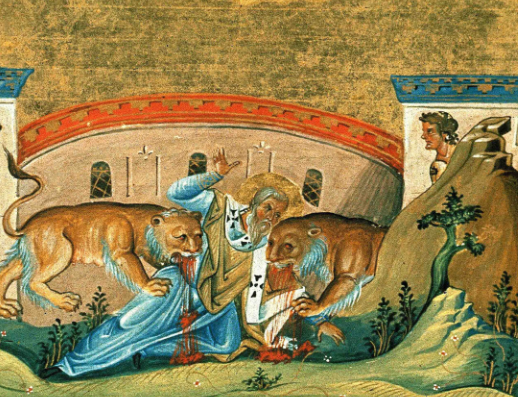Saint Ignatius of Antioch: Letters and Legacy
Saint Ignatius of Antioch was a pivotal figure in the early Christian Church, known for his profound letters and teachings. His works not only provide insight into the beliefs and practices of early Christians but also reflect the struggles and challenges of the time. Understanding his letters and legacy can offer valuable lessons for modern followers of the faith.
Understanding the Letters of Saint Ignatius
Saint Ignatius wrote a series of letters while on his way to martyrdom around 107 A.D. These letters are considered some of the earliest Christian writings outside the New Testament. In them, Ignatius emphasized the importance of unity within the church, the role of bishops, and adherence to Christian teachings. He addressed various communities, including the Ephesians and the Romans, often encouraging them to remain steadfast in their faith despite persecution. His letters are not just historical documents; they serve as a guide for contemporary believers on how to navigate challenges in their spiritual journeys.
The Role of Martyrdom in Ignatius’ Legacy
Ignatius faced a martyr’s death, a fate that many early Christians encountered. His willingness to embrace suffering for his faith had a lasting impact on Christian thought and practice. He viewed martyrdom not only as a path to salvation but also as a profound witness to the truth of Christian beliefs. His famous phrase, “I am the wheat of Christ,” reflects his desire to be consumed by the faith he held dear. This legacy of courage and conviction continues to inspire countless Christians today, encouraging them to face their own struggles with bravery.
The Ongoing Influence of Ignatius’ Teachings
The teachings of Ignatius have far-reaching implications for the Church today. His emphasis on the authority of bishops shaped the ecclesiastical structure that many Christian denominations still follow. Additionally, his thoughts on the Eucharist and the unity of believers helped lay the groundwork for sacramental theology. Modern Christians can find relevance in his message about the importance of community and staying true to one’s faith in the face of adversity. By studying his letters and understanding his teachings, contemporary believers can draw inspiration and guidance for their own lives.
In conclusion, the life and letters of St. Ignatius of Antioch offer profound wisdom to Christians throughout history. His concern for unity, martyrdom, and ecclesiastical authority transcends time, reminding us of the power of faith and community. A deep study of his letters not only uncovers a wealth of information but also deepens our understanding of how Christians have expressed their faith in various forms throughout history—including numerous Christian sculptures inspired by the saints. These sculptures, like St. Ignatius’s writings, serve as visible symbols of faith and dedication, continuing to inspire and challenge us today.

